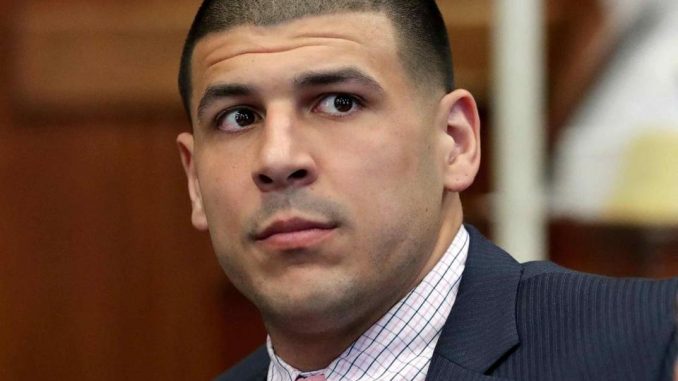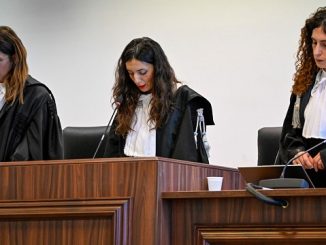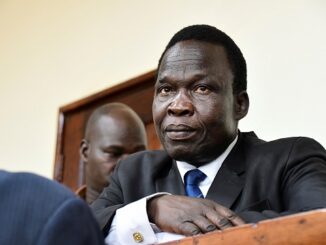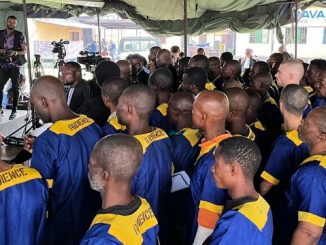
Prosecutors will be allowed to try and connect Aaron Hernandez’s gun tattoos to the shootings the former Patriot stands accused of — body art that could be seen as an “implied admission” to the crimes, according to a judge’s ruling. One tattoo depicts a six-shot revolver with one bullet missing, according to court documents. The words “God Forgives” are written under the gun, the ruling states. The other tattoo is a semi-automatic pistol with a spent shell casing and a wisp of smoke, according to the order.
Suffolk prosecutors argue that the tattoos relate to the double murder and subsequent witness intimidation that Hernandez will stand trial for. Hernandez is accused of killing Daniel de Abreu and Safiro Furtado in the South End on July 16, 2012. Prosecutors say he shot Alexander Bradley, a key witness, in the face on Feb. 13, 2013.
If prosecutors can prove a connection between the tattoos “the defendant’s conduct in ordering and obtaining these tattoos could be viewed as constituting an implied admission … or as evidence reflecting consciousness of guilt,” Superior Court Judge Jeffrey Locke wrote on Monday.
Hernandez’s defense team, which can immediately appeal the decision, declined comment. The potentially damning evidence is not yet guaranteed to be seen by a jury, as Locke will decide whether prosecutors have appropriately connected the dots later.
“I think it should be fair game for the prosecutors. They liken it to a proclamation — like an admission someone would make on Facebook after a crime,” said Phil Tracy, a criminal defense attorney not involved in the case. “If they build a foundation here, it could get in.”
In a victory for Hernandez’s team, Locke also ordered that Raychides Sanches and Aquilino Freire — two eyewitnesses in the 2012 double murder — can’t identify the former tight end as the shooter in front of a jury. Locke found that they were unable to give a description of Hernandez until after they saw extensive media coverage linking him to the 2013 murder of Odin L. Lloyd.
By: Bob McGovern





Be the first to comment